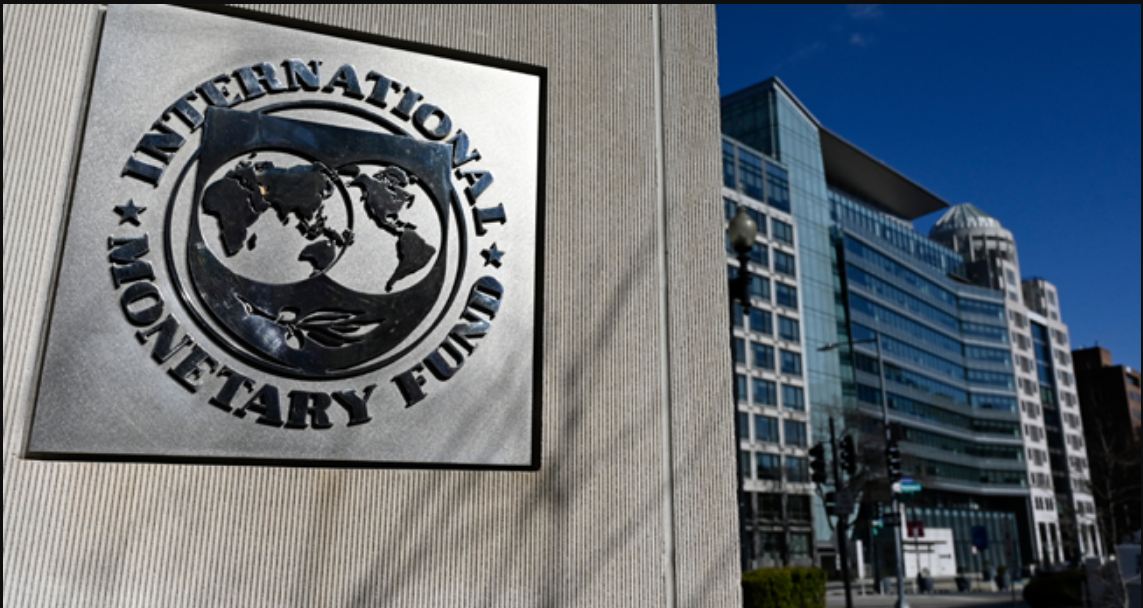At an important time regarding loan approval, the IMF has appointed Mahir Benisi as the new country head in Pakistan
As the Pakistani government ramps up efforts to secure approval for a $7 billion loan in the last week of September.
Meanwhile, doubts about the IMF’s objectives are deepening.
Many people, including Deputy Prime Minister Ishaq Dar, accused the IMF of making false assumptions about the current account deficit during the last two programs and forcing Pakistan to take new external loans to correct these false assumptions. They were forced to raise questions about the objectives of the international organization.
According to government officials, Mr. Mahir Besini has been appointed in place of Miss Esther Perez. Besini is a Turkish citizen.
An IMF spokesperson declined to comment on whether Mr Bessini was appointed after the end of Esther Perez’s term.
The last two country heads of the IMF in Pakistan were from Spain and had served in the Ministry of Finance in Spain.
The new country head, Mr Bessini, worked at the Central Bank of Turkey and has expertise in macroeconomic policies and the financial sector with a focus on emerging markets.
A major challenge for Mr Bessini will be to smoothly implement the much-desired $7 billion Extended Fund Facility program as it faces risks before it is approved by the executive board.
The State Bank Governor had said that efforts will be made to get this loan approved in the first half of September.
However, a senior government official has said that we are trying to get approval from the IMF board in the fourth week of September.
The IMF delisted Pakistan in August after it failed to roll over $12 billion in cash deposits and secure a new $2 billion arrangement.
Mr. Bassini’s second challenge will be to establish his office in Pakistan as a bridge between Islamabad and Washington. In recent years, the IMF has faced a great deal of distrust from the government, experts, and the public.
Pakistan’s own mistakes as well as IMF conditions have been the cause of economic slowdown in the country, continuous deterioration of the power sector, unemployment, and increasing poverty.
The IMF is considered to be the lender of last resort but has imposed a $2 billion loan condition for Pakistan before approval.
This condition forced the Pakistani government to take the most expensive loans in history. There is growing concern in government circles about the IMF’s role in Pakistan and the design of its programs.
Despite strong criticism from all quarters, the IMF forced Pakistan to accept FBR’s unrealistic target of Rs 13 trillion. FBR is already running in a shortfall of Rs 98 billion in two months.
On September 7, Deputy Prime Minister Ishaq Dar revealed that the IMF wanted Pakistan to default in 2022. Ishaq Dar warned his fellow politicians to be wary of taking steps that could affect Pakistan’s status as a nuclear power.
Last year also, Ishaq Dar said that the game of geopolitics is being played and that the country is being deliberately pushed towards default. The IMF had claimed that Pakistan’s current account deficit would be $6.5 billion in fiscal year 2023.
At that time, the Pakistani government said that the deficit would remain at $4 billion and that it did not need additional financing. At that time Pakistan’s current account deficit was 3.3 billion dollars and Ishaq Dar was proved right.
Howev,er the IMF did not take any action against its staff dealing with Pakistan at that time. Even now, the IMF is not allowing Pakistan to lower its interest rate.
However, according to the IMF’s benchmark, this rate should be between 14 and 15 percent. Such strict conditions are affecting the credibility of the IMF in Pakistan.


Comments are closed, but trackbacks and pingbacks are open.